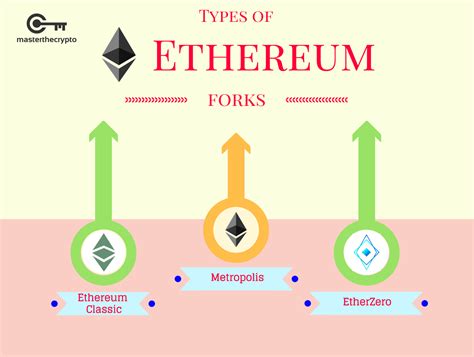Ethereum: What’s the type hash use case in EIP-712?
The Ethereum Improvement Proposal (EIP) 712, also known as Keccak-512, is a cryptographic hash function designed to be used for signing messages. In Solidity, one of the most popular programming languages for building decentralized applications on the Ethereum Blockchain, we can utilize this feature to create robust and secure signature mechanisms. This article will delve into the use of types in EIP-712.
What is a type hash?
A type hash, also known as Keccak-512 or simply k256, is a cryptographic hash function that takes a string (in this case, the name of the contract) and produces a fixed-size digest. It’s essentially a Sha-3-512 hash with the output being 32 bytes long.
EIP-712: A Key Concept
The EIP-712 Proposal Introduced an Additional Field to Contracts using Keccak-512 Signatures. This field is called the “type” or “tag,” which contains additional information about the contract. It’s not related to the hash function itself but a way to provide context and metadata about the contract.
Use Case: Type Hashes in EIP-712
Type hashes play a crucial role in EIP-712, Serving Several Purposes:
- Metadata contract

: the type hash is used to identify the contract at runtime. When an account calls a function on this contract, it can verify that they are executing code from this specifying contract using the KECCAK-512 signature.
`Solidity
Contract Mycontract {
bytes32 private constant my_type_hash = keccak256 (“mycontract”);
// metadata contract is stored here
}
`
- proof of existence : The type hash can be used to prove that a contract exists on the blockchain at runtime, making it more secure and less prone to being deleted.
`Solidity
Contract Mycontract {
bytes32 private constant my_type_hash = keccak256 (“mycontract”);
// metadata contract is stored here
}
`
- auditing : The type hash can be used to audit contracts for compliance with certain standards or regulations, making it easier to identify potential issues.
`Solidity
Contract Mycontract {
bytes32 private constant my_type_hash = keccak256 (“mycontract”);
Function Audit () Public {
Require (bytes32 (0) == Keccak256 (“Mycontract”), “Contract is not valid”);
}
}
`
- Security : Type hashes can be used to add an additional layer of security to contracts by making it more difficult for attackers to reverse-engineer the contract.
`Solidity
Contract Mycontract {
bytes32 private constant my_type_hash = keccak256 (“mycontract”);
Function MyFunction () Public {
// code here
}
}
`
In conclusion, type hashes in EIP-712 are a powerful tool that can be utilized to enhance the security, auditability, and metadata management of contracts. By historing additional context and information about contracts using Keccak-512 signatures, developers can create more robust and second decentralized applications.
However, it’s essential to note that who types has provided these benefits, they also introduce additional complexity and requirements for contract development and deployment. Therefore, it’s crucial to carefully evaluate the use case of EIP-712 in your specific project before implementing them.


